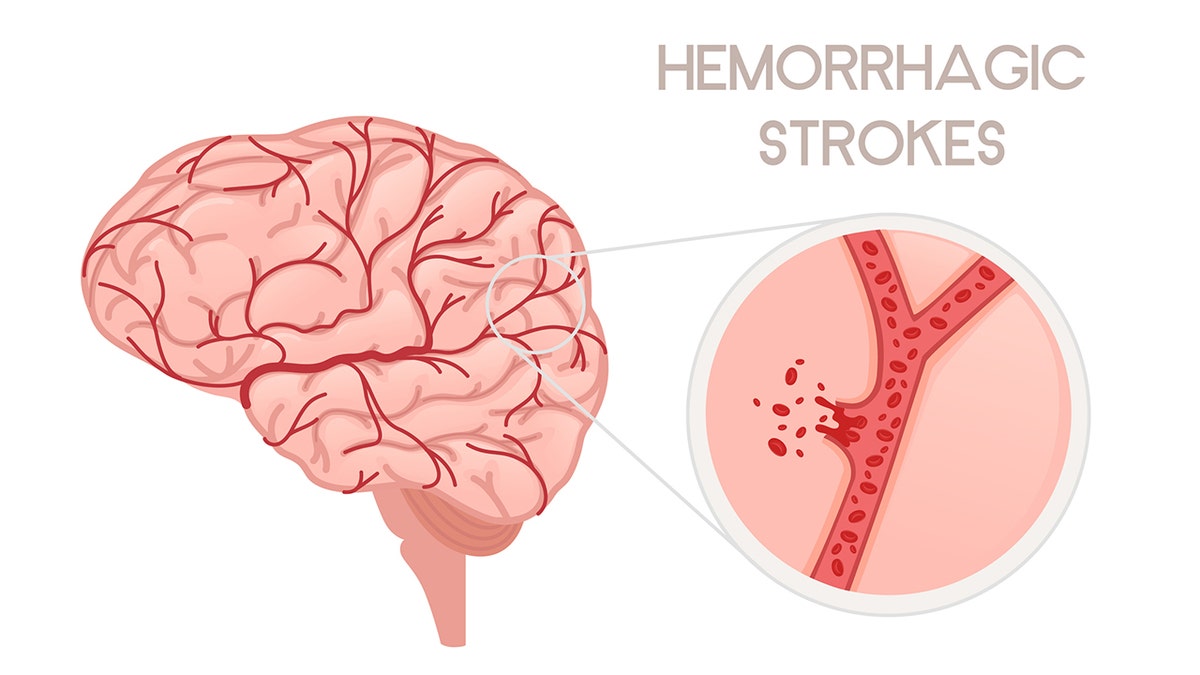In a candid revelation during his Netflix comedy special "Jamie Foxx: What Had Happened Was," the acclaimed actor and musician shared a harrowing account of a life-threatening medical emergency. Foxx recounted experiencing a severe headache on April 11, 2023, followed by a sudden loss of consciousness. He awoke weeks later, finding himself in a wheelchair, unable to walk, having lost 20 days of memory due to a brain bleed that led to a stroke.
Foxx underwent emergency surgery at Piedmont Hospital, where doctors stressed the critical nature of the situation. The actor described his experience as "fighting for my life." With the support of his family and faith, Foxx embarked on a challenging road to recovery, considering his survival a "miracle."

This incident underscores the serious nature of brain bleeds, also known as hemorrhagic strokes. According to neurosurgeon Dr. Paul Saphier, these events account for 10% to 15% of all strokes, affecting tens of thousands of individuals in the U.S. annually. A brain bleed occurs when blood accumulates between the brain and skull, depriving the brain of vital oxygen.

Symptoms often begin with a sudden, intense headache, potentially accompanied by nausea, vomiting, confusion, dizziness, slurred speech, and fatigue. Causes can range from head trauma and blood clots to weakened blood vessels, tumors, and other abnormalities. Risk factors include high blood pressure, high cholesterol, diabetes, smoking, alcohol use, and age. Dr. Saphier also highlights the connection between brain bleeds and blood vessel issues like aneurysms and vascular malformations.

The prognosis for brain bleeds can be severe, with a significant percentage of patients not surviving, and many survivors experiencing lasting impairments. Untreated brain bleeds can lead to permanent damage affecting memory, speech, swallowing, coordination, vision, and emotional well-being. Therefore, rapid treatment is crucial.

To mitigate the risk of brain bleeds, adopting a heart-healthy lifestyle is paramount. This includes managing blood pressure and cholesterol, maintaining a healthy weight, limiting alcohol intake, quitting smoking, following a balanced diet, and engaging in regular exercise. Dr. Saphier emphasizes the link between heart health and brain health, advising individuals with a family history of brain aneurysms or hemorrhages to consult their doctor for potential screening and preventive measures.








